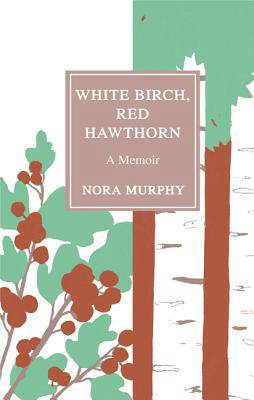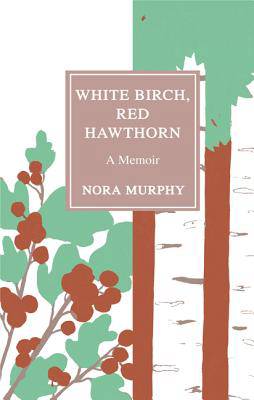
- Afhalen na 1 uur in een winkel met voorraad
- Gratis thuislevering in België vanaf € 30
- Ruim aanbod met 7 miljoen producten
- Afhalen na 1 uur in een winkel met voorraad
- Gratis thuislevering in België vanaf € 30
- Ruim aanbod met 7 miljoen producten
Omschrijving
"This is conquered land." The Dakota woman's words, spoken at a community meeting in St. Paul, struck Nora Murphy forcefully. Her own Irish great-great grandparents, fleeing the potato famine, had laid claim to 160 acres in a virgin maple grove in Minnesota. That her dispossessed ancestors' homestead, The Maples, was built upon another, far more brutal dispossession is the hard truth underlying White Birch, Red Hawthorn, a memoir of Murphy's search for the deeper connections between this contested land and the communities who call it home.
In twelve essays, each dedicated to a tree significant to Minnesota, Murphy tells the story of the grove that, long before the Irish arrived, was home to three Native tribes: the Dakota, Ojibwe, and Ho-Chunk. She notes devastating strategies employed by the U.S. government to wrest the land from the tribes, but also revisits iconic American tales that subtly continue to promote this displacement--the Thanksgiving story, the Paul Bunyan myth, and Laura Ingalls Wilder's Little House books. Murphy travels to Ireland to search out another narrative long hidden--that of her great-great-grandmother's transformative journey from North Tipperary to The Maples.
In retrieving these stories, White Birch, Red Hawthorn uncovers lingering wounds of the past--and the possibility that, through connection to this suffering, healing can follow. The next step is simple, Murphy tells us: listen.
Specificaties
Betrokkenen
- Auteur(s):
- Uitgeverij:
Inhoud
- Aantal bladzijden:
- 152
- Taal:
- Engels
Eigenschappen
- Productcode (EAN):
- 9781517901325
- Verschijningsdatum:
- 18/04/2017
- Uitvoering:
- Paperback
- Formaat:
- Trade paperback (VS)
- Afmetingen:
- 124 mm x 201 mm
- Gewicht:
- 226 g

Alleen bij Standaard Boekhandel
Beoordelingen
We publiceren alleen reviews die voldoen aan de voorwaarden voor reviews. Bekijk onze voorwaarden voor reviews.











